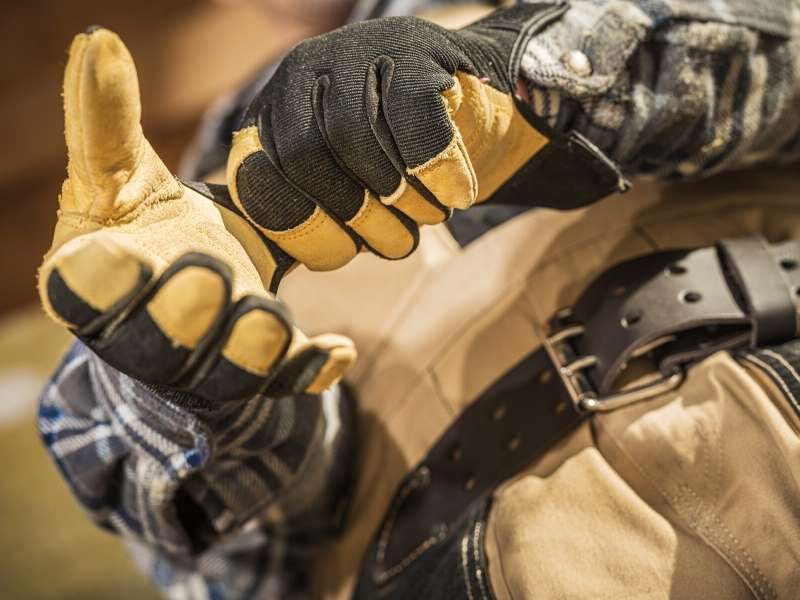We all know winter has arrived and here are some ways the CDC recommends on how to stay healthy and warm…you can protect yourself and others by following these key action steps:
- Maintain a healthy lifestyle through rest, diet, exercise, and relaxation.
- Wash your hands frequently with soap and water for 20 seconds or use an alcohol-based hand cleaner if soap and water are not available. Be sure to wash your hands after coughing, sneezing, or blowing your nose.
- Avoid touching your nose, mouth, and eyes. Germs spread this way.
- Cover your coughs and sneezes with a tissue, or cough and sneeze into your elbow. Dispose of tissues in no-touch trash receptacles.
- Keep frequently touched common surfaces clean, such as telephones, computer keyboards, doorknobs, etc.
- Do not use other workers’ phones, desks, or other work tools and equipment. If you need to use a co-worker’s phone, desk, or other equipment, clean it first.
- Don’t spread the flu! If you are sick with flu-like illness, stay home. Symptoms of flu include fever (100 degrees Fahrenheit or 38 degrees Celsius) or chills and cough or sore throat. In addition, symptoms of flu can include runny nose, body aches, headache, tiredness, diarrhea, or vomiting. CDC recommends that sick workers stay home if they are sick with flu-like illness until at least 24 hours after they are free of fever without the use of fever-reducing medicines.
- Get vaccinated if you can, and are willing to, against seasonal flu when vaccine is available in your area. If you are at higher risk for complications, you should receive the 2022 flu vaccine. People at higher risk for flu complications include pregnant women and people with chronic medical conditions (such as asthma, heart disease, or diabetes).
 Wear Cold Weather GearIf you have ever been out in the cold, stomping your feet and rubbing your hands, you know how hard it can be to stay warm when the temps drop. For construction workers, the seasonal changes present additional job hazards, and they don’t have the luxury of seeking shelter indoors. Fortunately, there are ways to stay warm and dry while working in the winter.
Wear Cold Weather GearIf you have ever been out in the cold, stomping your feet and rubbing your hands, you know how hard it can be to stay warm when the temps drop. For construction workers, the seasonal changes present additional job hazards, and they don’t have the luxury of seeking shelter indoors. Fortunately, there are ways to stay warm and dry while working in the winter.
Dressing in layers is the key to keeping warm. Put on, at least, three layers of clothing with a thick outer coat that protects you from the rain and wind. Wear cold weather gloves to keep your hands from freezing and waterproof boots with insulation to keep your feet warm and dry. Always wear a hat or a hood that covers your ears and neck. A knit face mask protects your nose and cheeks. Wearing glasses that wrap around the front of your face helps to keep the cold and the wind from straining your eyes.
Stay Dry
Some jobs are going to require that you get into the middle of damp conditions or work through storms. Your outer layer of clothing is a shield against the elements that keeps you dry. Your jacket and coveralls need to be made of a waterproof material. Treated leather is a good material for your boots, and there are many special synthetic fabrics designed for this purpose. Your garments should be sturdy but also flexible enough to let you work.
Cover All Exposed Skin
Every bit of exposed skin lets a little bit of your body’s internal heat escape. That’s why it’s important to keep as much of your skin covered as possible. Most of your gear will cover the greater portions of your body, but the joints between two garments can let some of the heat out. Cinch up your gloves and sleeves, and make sure your pant legs cover the tops of your boots. Wrap up your neck in a scarf to cover the gaps between your hat and your jacket. Coats and coveralls that have tears or holes need to be patched or replaced.
Eat and Drink for Warmth
When you are exposed to the cold, your body must work harder to maintain its internal temperature. Even if you are inactive, standing in the cold can still cause you to become exhausted. You can help maintain your core body temperature by eating a high-calorie meal like pasta. The calories your body burns take away heat to keep you warm.
Also, you should keep your body hydrated to encourage the natural metabolic processes. Avoid alcohol and caffeine, but drink plenty of warm sugary drinks. The extra calories from the sugars contribute to the energy your body uses to maintain your core temperature.
It’s always best to avoid being caught outside in the cold, but when your construction job requires it, you should be prepared. Always wear the right cold weather gear. Stay as dry as possible and avoid allowing your bare skin to be exposed to the weather. Consume plenty of high-calorie foods and drinks to give your body the energy it needs to stay healthy.
Until next time, Work Safe & Be Safe!




